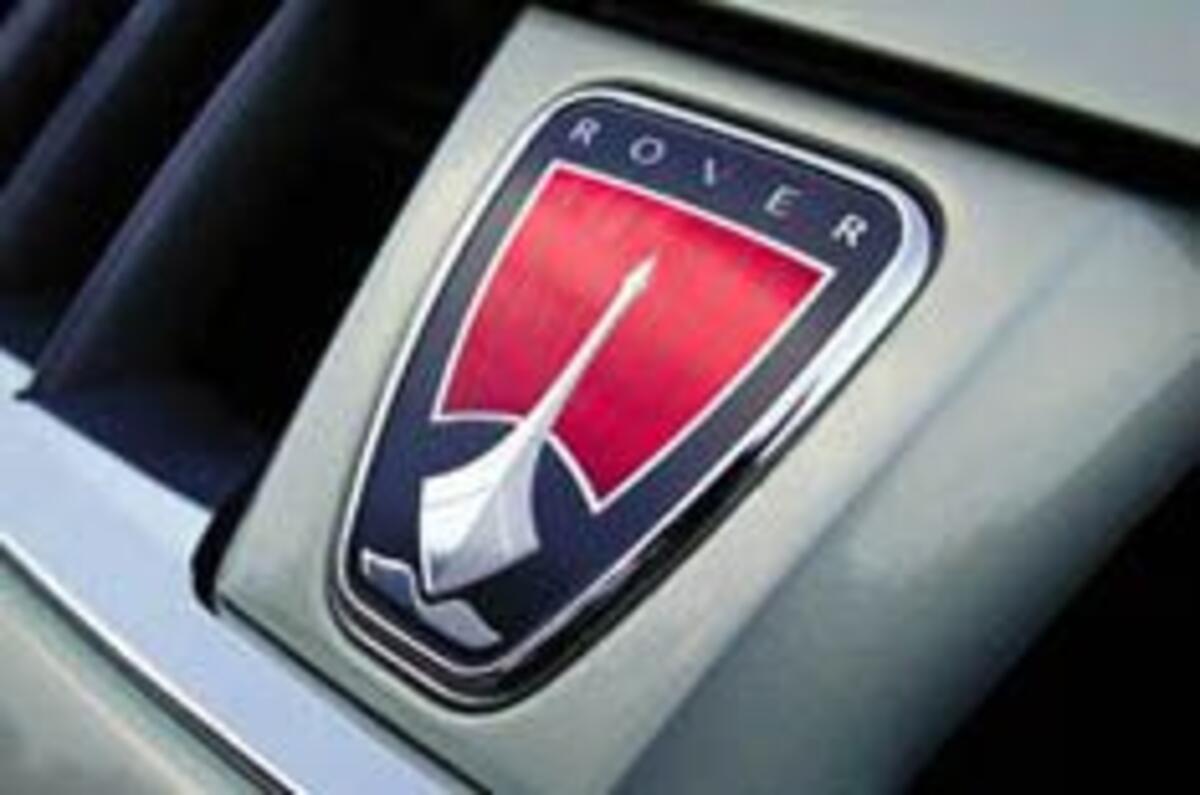At 10.52am today, Friday 15 April, it was all over for MG Rover. That was when the company’s administrator, PricewaterhouseCoopers (PWC), announced that SAIC (Shanghai Automotive Industries Corporation) had indicated ‘that they are not willing to acquire either the whole or part of the business on a going concern basis,’ according to Ft.com. The spokesman added, ‘In the light of this development we have concluded that there is no realistic prospect of obtaining sufficient further finance to retain the workforce while the position with other parties is explored.’ According to a SAIC source, ‘If we wanted to pick up the business and some employees, the cost of redundancies, pensions and warranties will follow us like a bad smell.’
The administrator began sending redundancy notices to the bulk of MG Rover’s 6100 employees last weekend, and will now approach the dozen-or-so parties who expressed an interest in the firm when it went into administration on 8 April. ‘None of these is capable of resulting in a sale of the complete business,’ said a PWC spokesman. Among the interested parties is Alchemy Partners, lead by Jon Moulton. But it is conceivable that SAIC will also be interested in buying parts of the business – although it owns the intellectual property rights for the Rover 75, 25 and K- and L-series engines, which it bought for £67 million, it does not own the production lines and machinery to make them. But the 100-year-old Longbridge plant (right) has built its last car, and the site will be redeveloped by St Modwen, the property developer that owns it. While it is possible that at some point, MGs will go into production again, because the brand still has considerable value, it is highly unlikely that Rover production will restart in the UK. If SAIC wants to use the badge for cars built in China, it would have to do a deal with BMW, which owns the brand name.
The closure of Longbridge brings to an end the long decline of British Leyland, the vast conglomerate formed of Austin, Morris, MG, Jaguar, Rover and Triumph – as well as numerous truck and bus companies – in 1968 with the encouragement of the then Labour government. Jaguar and Land Rover survive at Ford, and a kernel of Austin-Morris lives on with BMW’s Mini, but last week the heart of BL finally died.




Add your comment